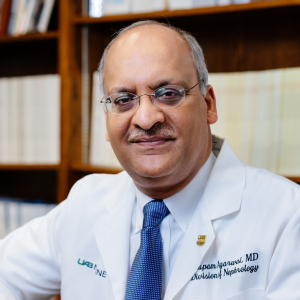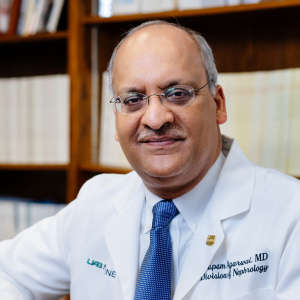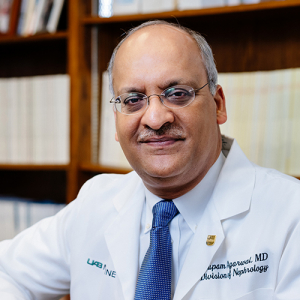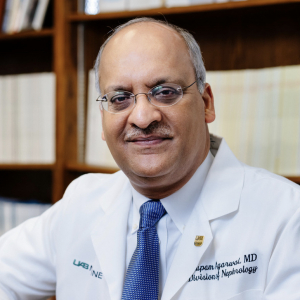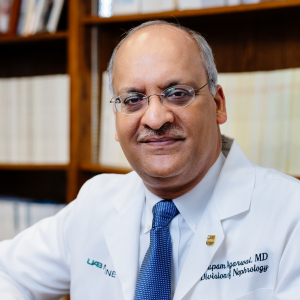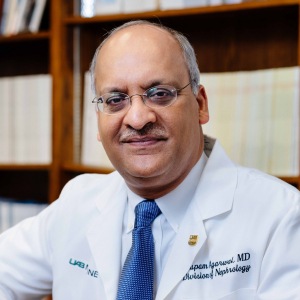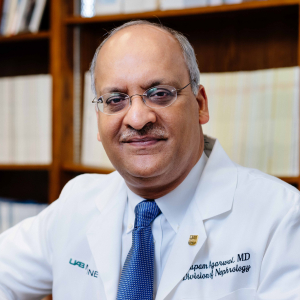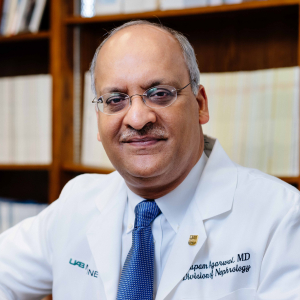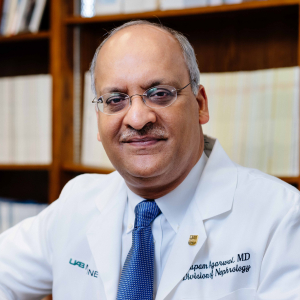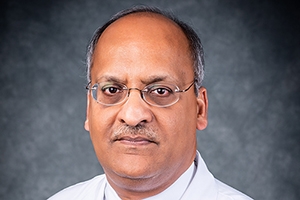
Anupam Agarwal, M.D.
| This email address is being protected from spambots. You need JavaScript enabled to view it.
Spring is always an exciting time because it represents renewed opportunity and growth. As the post-pandemic transition continues, we have an opportunity to address issues the health care community has confronted since before COVID-19, but that were accelerated and exacerbated by the pandemic.
March is Women’s History Month and an opportunity to reflect on the important, and too often unacknowledged, contributions women have made to medicine. Women were active practitioners of the medical arts in the ancient world, and have played a critical role as midwives and healers during the entire course of human history.
I’m very happy to present my first Dean’s Message since being appointed senior vice president for Medicine and Dean of the Heersink School of Medicine.
I’m deeply honored to have been appointed senior vice president for Medicine and Dean of the Heersink School of Medicine.
On Friday, January 13, I was honored to speak at the annual Martin Luther King, Jr. Commemoration Event, hosted by the Heersink School of Medicine Office for Diversity and Inclusion (ODI).
With the momentum we have made in only a year from the historic Heersink family gift, I am excited to see more benefits and positive outcomes as we move forward.
This November, I am reflecting on gratitude. I am grateful for the opportunity to serve Heersink School of Medicine in a leadership capacity. The work we do here every day is vitally important for our patients, their families, and our communities.
In the world of medical research, physicians have relationships with many sorts of entities—hospitals, universities, pharmaceutical companies, corporations, nonprofit organizations and more. When an academic journal accepts a paper from a researcher or physician, that acceptance typically comes with the stipulation that the author(s) disclose absolutely any and all potential conflicts of interest.
